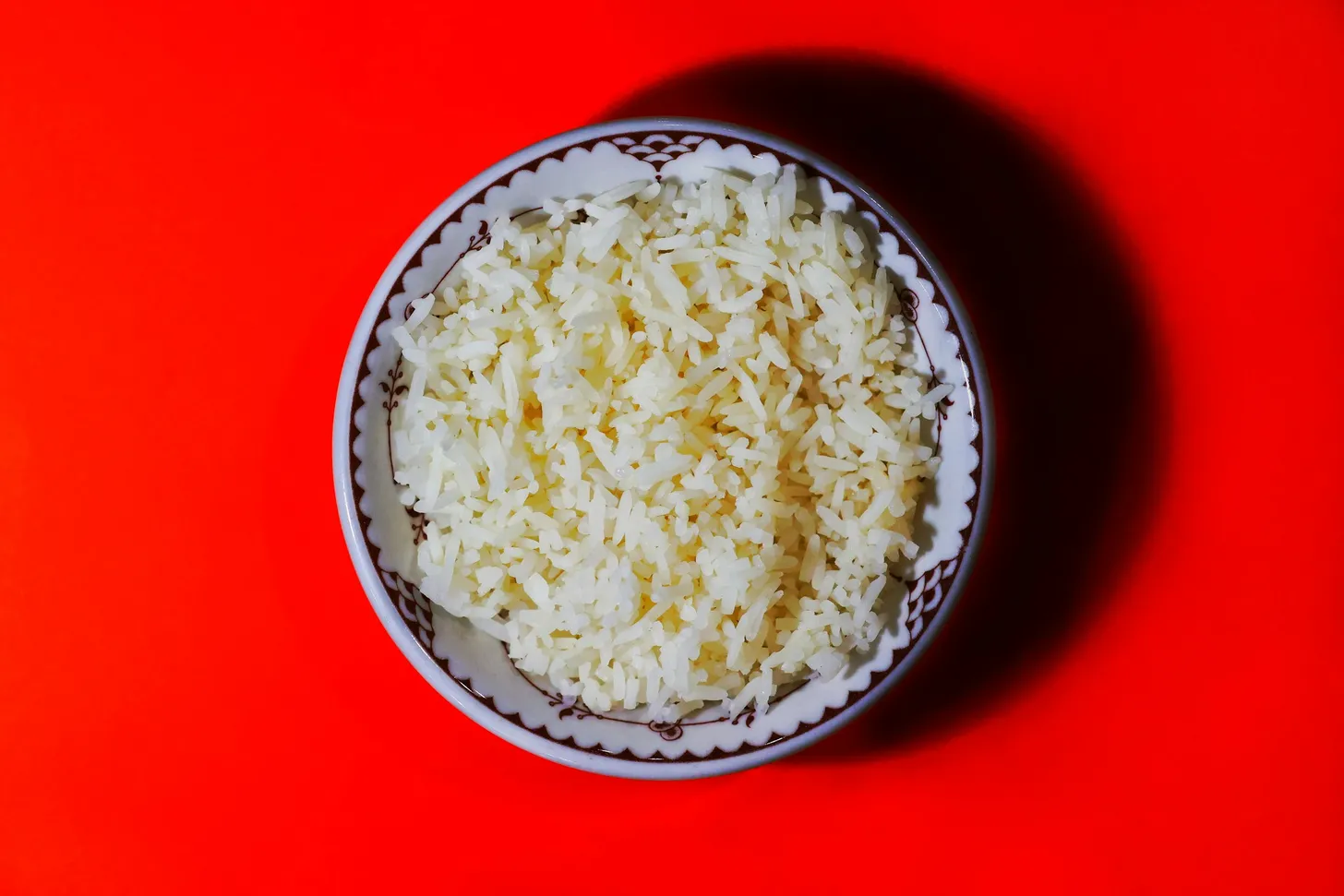White bread
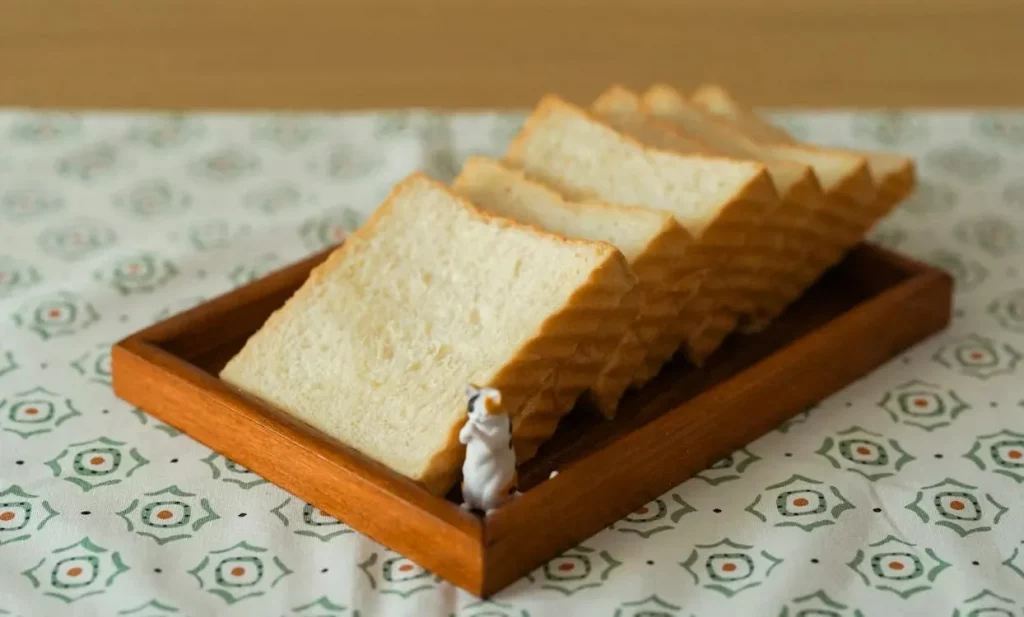
It may be tastier to some, but white bread can be bad for your health. Regular consumption has been linked to weight gain and an increased risk of type 2 diabetes and heart disease. For a healthier choice, opt for whole grain bread or sourdough, which offer more fiber, nutrients, and longer-lasting energy.
Meat past its expiry date

While expiry dates can be used more as a guide than a strict rule for a lot of products, it’s usually best to play it safe when it comes to meat. It could be fine, but it could also harbor harmful bacteria that are not visible or detectable by smell alone, and end up making you and your family really ill.
Candy
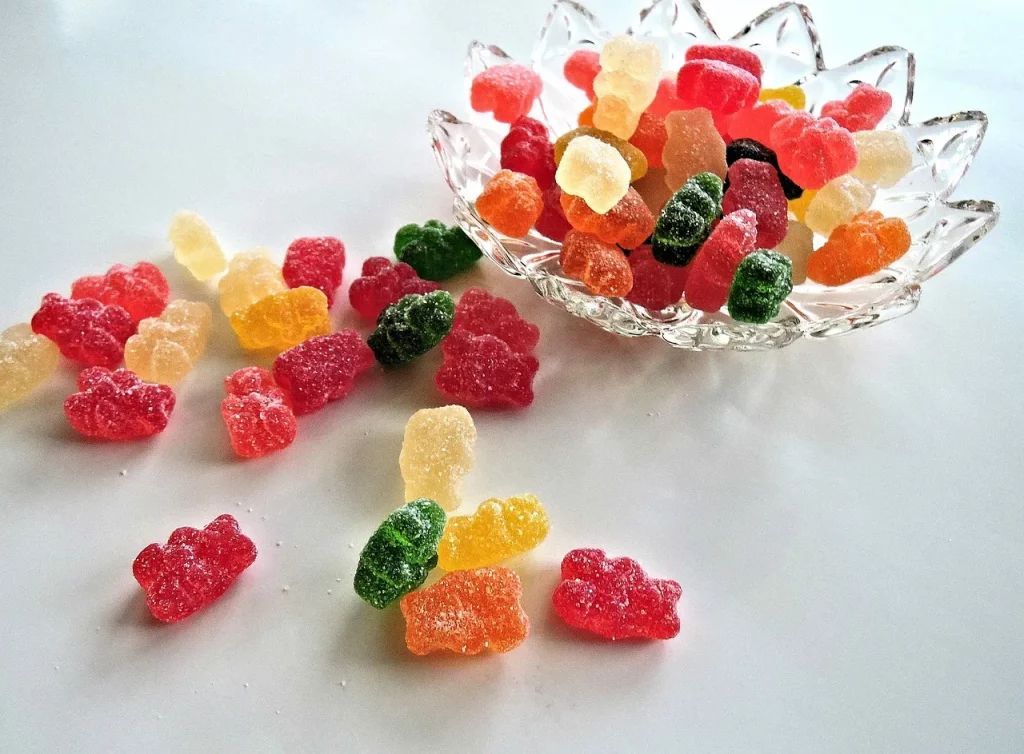
If you have a huge stockpile of candy, you might want to consider throwing some of it out. Candy is typically loaded with added sugars, artificial colors, and preservatives, which can contribute to a higher risk of developing chronic conditions like diabetes and heart disease.
Instant noodles
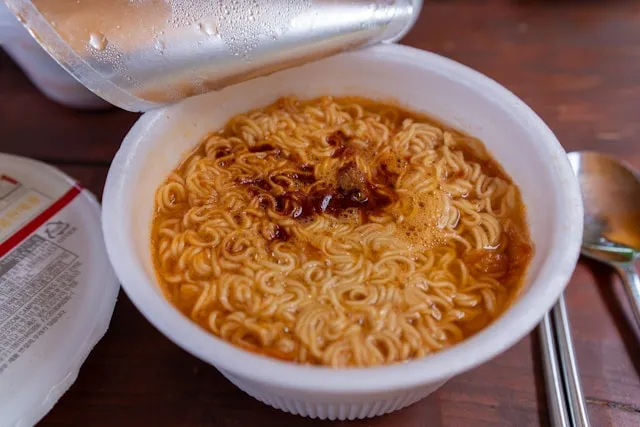
They may a quick and easy snack or even a frugal meal, but eating instant noodles on a regular basis won’t do your health any favors. They are usually high in sodium and unhealthy fats, and the packets of flavoring are often loaded with preservatives and artificial flavors.
Bread with mold on

It may be tempting to cut around mold on bread to avoid wastage, but it’s not safe to do so. Mold on bread can spread its spores throughout the loaf, even if you can’t see it. Some molds produce mycotoxins, which can be toxic to humans and have even been linked to cancer, kidney damage, and immune deficiency.
Processed meats

Processed meats like sausages and deli meats are convenient and tasty, but consuming them regularly can be harmful to your health. They are often high in sodium, saturated fats, and preservatives like nitrates and nitrites, which have been linked to an increased risk of heart disease, high blood pressure, and certain types of cancer.
Frozen dinners
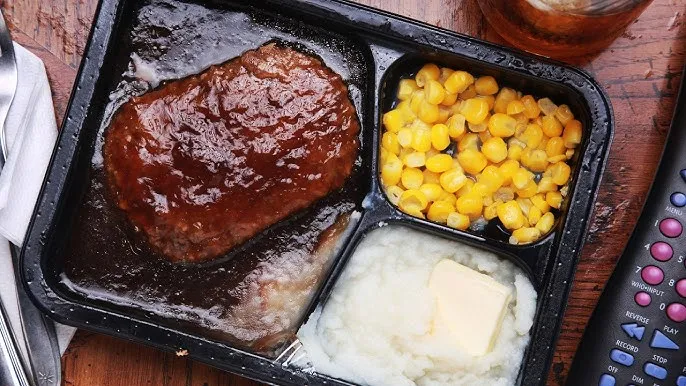
They may be good in an emergency or when you’re just too exhausted to cook, but frozen dinners shouldn’t make it on to your regular grocery list. Many frozen meals are high in sodium, unhealthy fats, and preservatives, while offering little in the way of fresh vegetables, whole grains, or lean proteins.
Leftovers over four days old
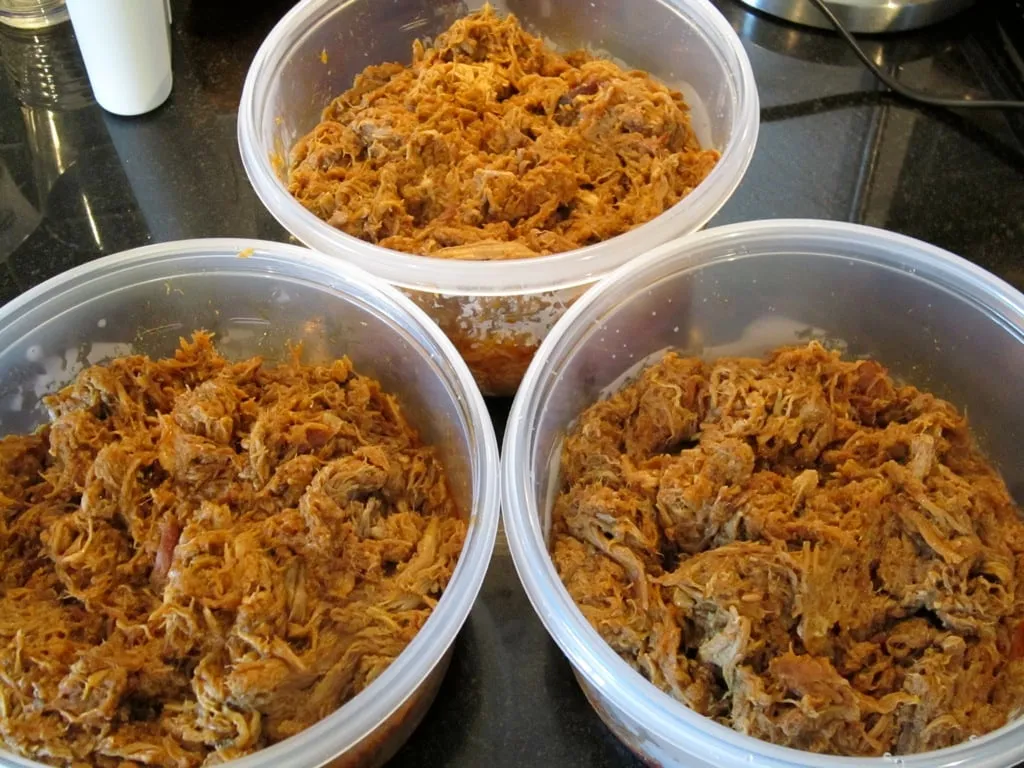
While none of us like to throw food away, if you’ve had leftovers in your fridge for more than four days, it’s usually best to throw them out. After this amount of time, the risk of bacterial growth increases, even if the food looks and smells fine, and the likes of Salmonella and E. coli can make you really sick.
Cracked eggs

When it comes to eggs with cracks in them, it’s generally better to be safe than sorry. Cracked eggs can allow bacteria, such as Salmonella, to enter and contaminate the inside, so they could potentially make you very sick if you go ahead and consume them.
Cookies
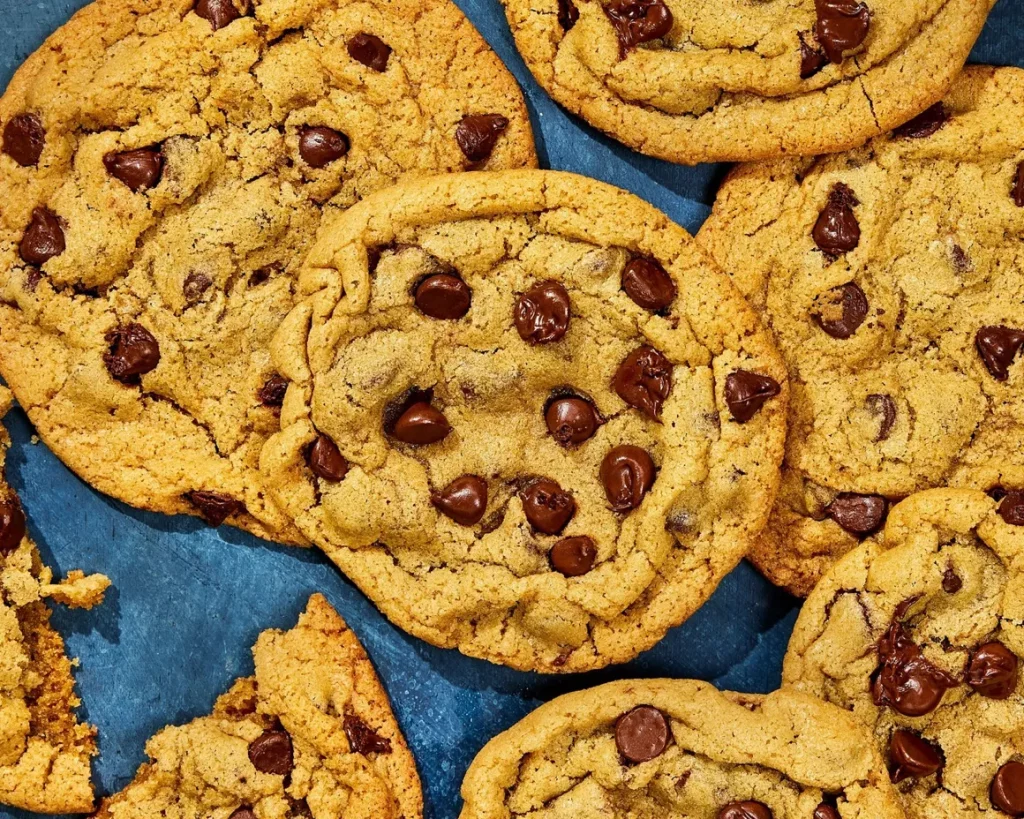
Packaged cookies may be okay as a delicious treat now and again, but if you can’t stop yourself eating a whole packet when they’re in the house, it’s probably better to throw them away. They are often loaded with refined sugars, unhealthy fats, and artificial ingredients.
Margarine

While margarine is often touted as a healthier alternative to butter, not all margarine products are created equal, and some are much worse for health than the humble butter. Many types contain trans fats, which are harmful to heart health and can increase bad cholesterol levels while lowering good cholesterol.
Flavored syrup

Flavored syrup is another thing it’s better to avoid having in your pantry. While it may be tempting to add to pancakes, waffles, or beverages, most flavored syrups are loaded with high amounts of added sugars, artificial sweeteners, and preservatives, which can increase your risk of diabetes and heart disease.
Soft cheeses with mold

If you notice soft cheeses like brie, camembert, or cream cheese developing mold, it’s important to discard them. Unlike hard cheeses, which can sometimes be salvaged by cutting off the moldy part, soft cheeses are more likely to have the mold growing throughout the product.
Yogurt with a bulging lid
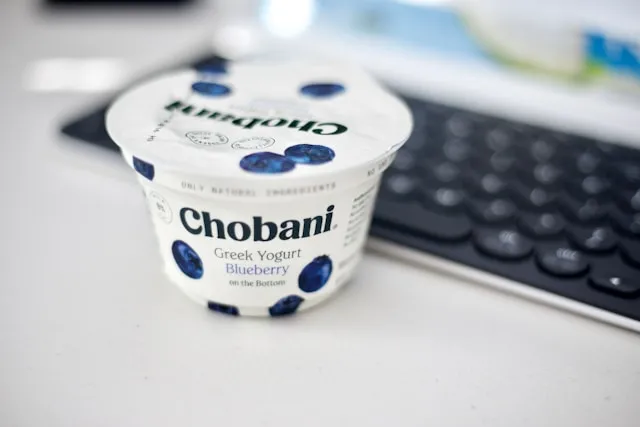
If you notice that the yogurt in your fridge has a bulging lid, it’s a sign that the yogurt has likely gone bad and should be discarded. A bulging lid indicates the presence of gas produced by bacteria or yeast fermenting the contents, which means the yogurt has spoiled.
Energy drinks

Of course, most things in moderation are fine, and the same can be said for energy drinks. Enjoying one every now and again is probably okay, but drinking them on a regular basis can lead to negative health effects over time, including issues like heart problems, anxiety, and weight gain.
Cooked food left unrefrigerated overnight

It can be really frustrating to cook a meal only to have to throw it out because you forgot to put it in the fridge. But doing so is important as leaving cooked food unrefrigerated overnight allows bacteria to grow rapidly, especially in the “danger zone” between 40°F and 140°F (4°C to 60°C).
Chicken nuggets

Chicken nuggets are another food that you should probably consider cutting out of your regular meal rotation. This is because they are often highly processed and contain additives, preservatives, and unhealthy fats, in addition to usually being deep fried and made from mechanically processed meat.
Rice left at room temperature
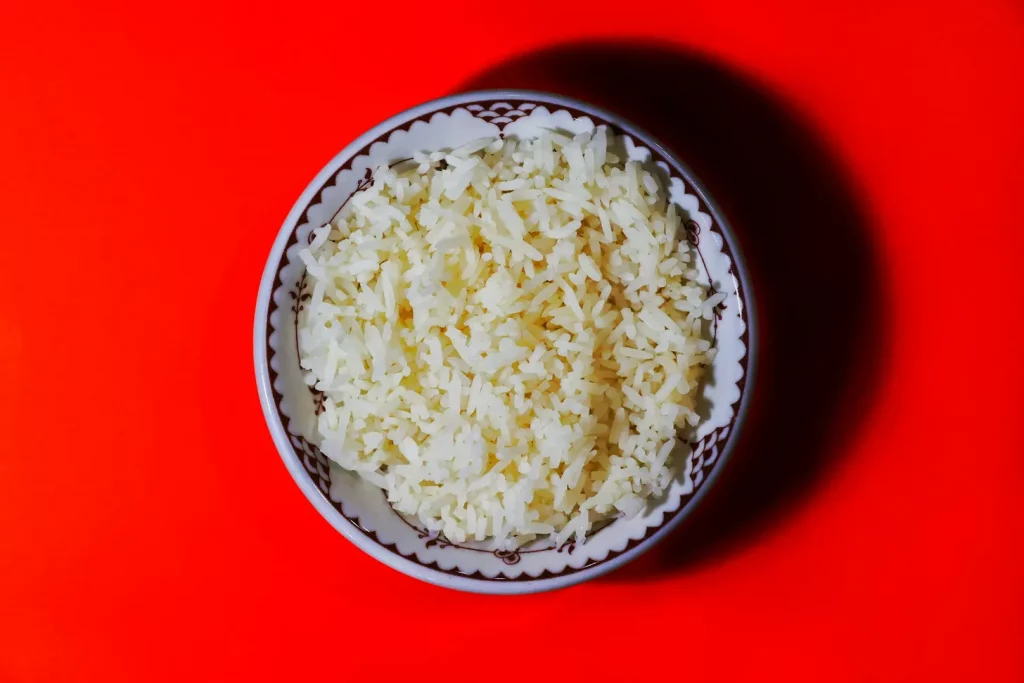
If you cooked rice then forgot to put it in the fridge, it’s best to throw it away. Rice left at room temperature for too long can harbor harmful bacteria, particularly Bacillus cereus, which can cause food poisoning. This bacteria can survive the cooking process and multiply rapidly if rice is left out for more than two hours.
Bottled smoothies

Many of us assume that picking up a bottled smoothie at the store is a healthy option. But in reality, these drinks are usually packed with added sugars, artificial flavors, and preservatives, which can outweigh any potential health benefits and is more likely to give you a sugar crash than an energy boost.
Milk that smells sour
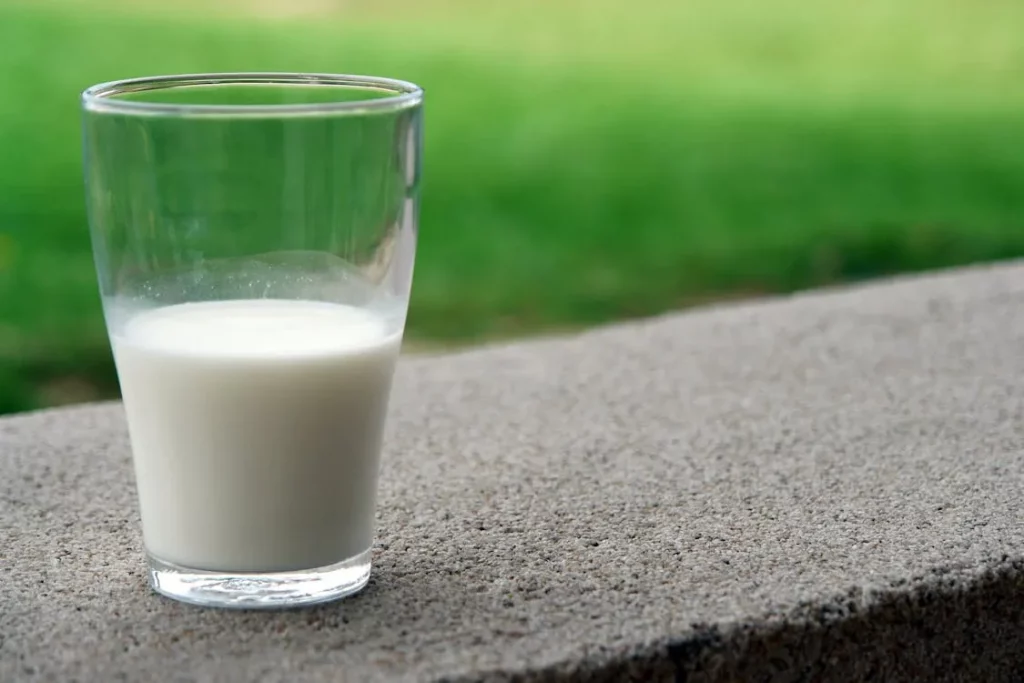
The “sniff test” can often come in very handy when it comes to deciding if your milk is safe to drink. Even if it looks fine, if your milk smells sour, it’s a clear sign that it has spoiled. Sour milk is caused by the growth of bacteria, and drinking it can give you a nasty bout of food poisoning.
Jarred pasta sauce
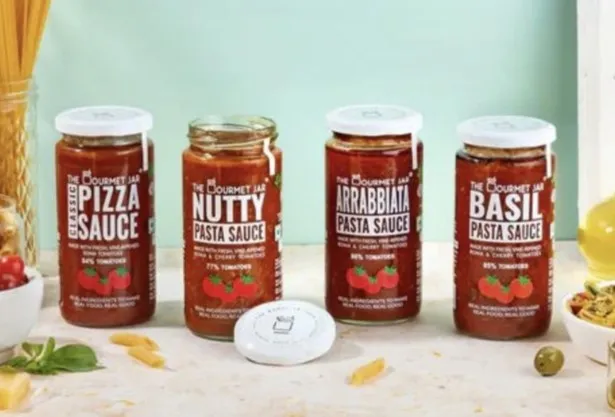
Sure, they’re really convenient, but unfortunately, store bought jars of pasta sauce are often Many of these sauces contain added sugars, excessive amounts of sodium, and preservatives to extend shelf life. Thankfully, making your own pasta sauce is super quick and only needs a few ingredients.
Canned goods with dents or rust
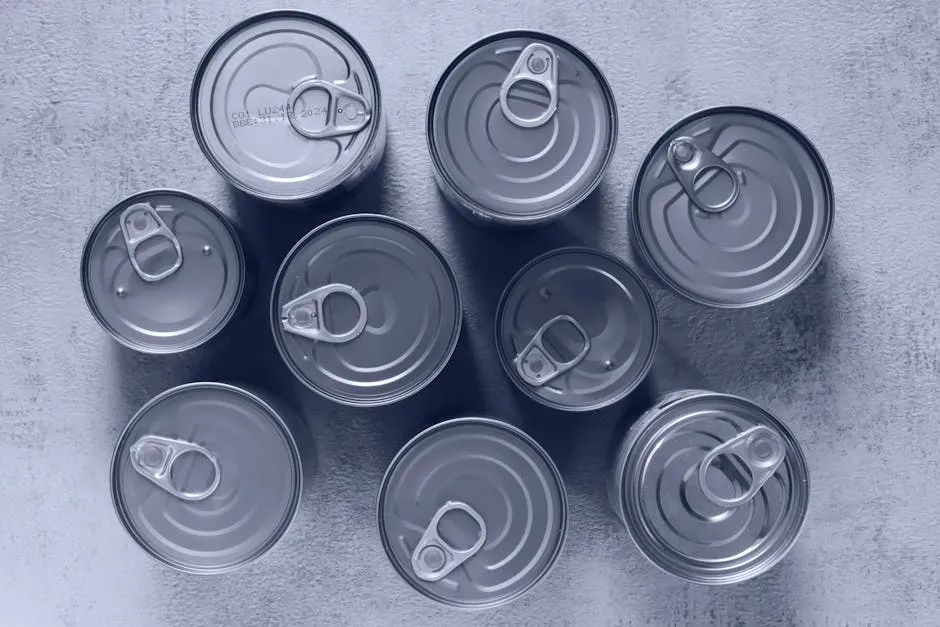
Canned products are often great for helping to reduce wastage. However, when it comes to cans with dents or rust, it’s better to not take any chances. They can compromise the seal, allowing bacteria to enter and contaminate the food inside, especially if the dent or rust is on the seam.
Sugary cereals
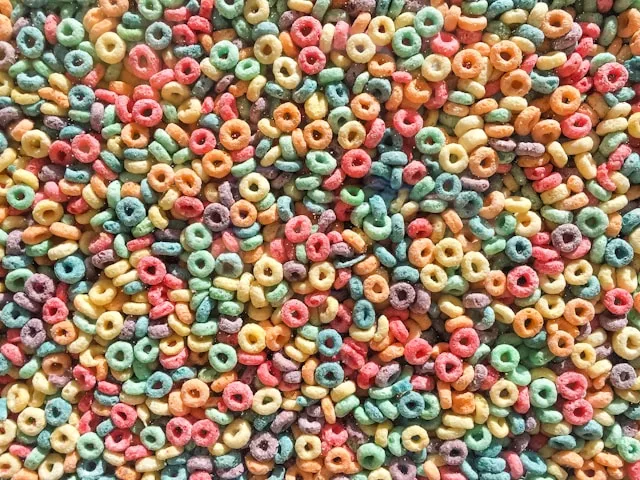
Starting the day with a bowl of cereal loaded with sugar and artificial additives isn’t a great way to set you up to be happy and productive. They usually cause rapid spikes in blood sugar levels, followed by crashes that leave you feeling sluggish and hungry soon after, and have little in the way of essential nutrients like fiber, protein, or healthy fats.
Raw meat with a gray or green tint

If you’re about to make dinner and notice that your uncooked meat has a gray or green tint, it’s a strong indication that the meat has begun to spoil. This discoloration often results from too much exposure to air, bacterial growth, or improper storage, and means the meat is unsafe to eat.
Donuts and muffins

Snacks like donuts and muffins may be tempting, but they are often packed with refined sugars, unhealthy fats, and empty calories. These treats typically contain little nutritional value and can contribute to weight gain, increased blood sugar levels, and an elevated risk of heart disease.

